ImmiPartner's Guide to Travel for International Employees During COVID Restrictions
***Last Updated: May 25th, 2021***
Disclaimer: This post is not legal advice and should not substitute for obtaining legal advice. Note that laws and interpretation of immigration laws change over time. This is very recent guidance so please check back in for updates or sign up for our newsletter below.
As COVID-19 vaccination efforts continue to progress rapidly in the United States, a common question that arises for international employees is whether it is feasible to travel internationally at this time. Unfortunately, the answer remains complicated. At the onset of COVID-19, the Department of State (DOS) suspended routine visa services worldwide in March 2020 due to the COVID-19 pandemic. As the situation progressed, the U.S. Embassies and Consulates began a phased resumption of routine visa services. The DOS confirmed that the resumption of visa services would occur only on a post-by-post basis, depending on safety protocols for DOS employees as well as local circumstances related to COVID 19.
Most recently, in April 2021, DOS confirmed that the COVID-19 pandemic continues to severely affect the ability of embassies and consulates around the world to be able to resume visa services, citing the following contributing factors:
Local and national lockdowns;
Travel restrictions;
Host country quarantine regulations;
The Embassy/Consulate’s own COVID-19 safety policies.
As a result, there continues to be a significant backlog for both immigrant and nonimmigrant visa applicants awaiting a visa interview. Given the ongoing consular closures and backlogs, ImmiPartner strongly recommends against any non-essential international travel at this time. These consular backlogs can result in sudden complications for international employees and their travel plans, including last-minute rescheduling or cancellation of visa appointments.
Specifically, ImmiPartner recommends international employees to carefully consider the following questions related to travel:
Do you have a valid U.S. visa stamp?
To re-enter the United States in nonimmigrant status such as H-1B, L-1, or E-3 after travel abroad, an international employee must have a current, valid U.S. visa stamp/foil. This is a travel document that is printed on an international employee’s passport page after attending a nonimmigrant visa appointment at a U.S. Consulate or Embassy. To determine whether you have a valid U.S. stamp/foil, please refer to the latest visa foil issued in your current passport, paying careful attention to the visa foil’s expiration date. Please note a valid I-797 Approval Notice, certified LCA, endorsed Form I-129S, or I-94 alone does not provide you with the ability to enter the United States without a valid visa stamp/foil. Finally, the only international employees who are visa-exempt are Canadian citizens. Please see below an example of a nonimmigrant visa stamp foil:
Source: Department of State.
If you have a valid nonimmigrant visa stamp/foil, you do not have to attend a visa stamping appointment at a U.S. Consulate or Embassy prior to re-entering the United States. However, you may be subject to one of the U.S. travel restriction proclamations, detailed below.
If you do not have a valid nonimmigrant visa stamp/foil, you will have to attend a visa stamping appointment at a U.S. Consulate or Embassy prior to re-entering the United States, which will likely be significantly difficult for the reasons described above. You may also be subject to one of the U.S. travel restriction proclamations, detailed below.
Where are you traveling?
There are currently four proclamations in place for COVID-19 travel restriction: P.P. 9984 (China), P.P. 9992 (Iran), P.P. 10143 (Schengen Area, U.K., Ireland, Brazil, and South Africa), and P.P. 10199 (India). These proclamations limit the entry of individuals who were physically present in the following countries within the 14 days prior to their intended departure to the United States:
China
Iran
The European Schengen Area countries, including:
Austria;
Belgium;
Czech Republic;
Denmark;
Estonia;
Finland;
France;
Germany;
Greece;
Hungary;
Iceland;
Italy;
Latvia;
Liechtenstein;
Lithuania;
Luxembourg;
Malta;
Netherlands;
Norway;
Poland;
Portugal;
Slovakia;
Slovenia;
Spain;
Sweden; and
Switzerland.
The United Kingdom
Ireland
Brazil
South Africa
India
If you travel to one of the above-listed countries, you will be subject to a presidential proclamation barring your entry into the United States from your country of destination. We strongly advise against any non-essential travel to one of the above-listed countries, as re-entry back to the United States will be significantly difficult to achieve.
If you are currently in one of the above-listed countries subject to U.S. travel restrictions:
If you are an international employee currently physically present in one of the above-listed countries, your options to return to the U.S. pursuant to an employment-based nonimmigrant visa such as the H-1B, L-1, or E-3 are unfortunately very limited. Specifically, you will have to apply for a National Interest Exception (NIE) to be able to return to the United States from one of the above-listed countries.
On March 2nd, 2021, the Secretary of State revised the National Interest Exception requirements to limit travel from the above-listed countries pursuant to nonimmigrant visas based on whether the travel is necessary to “provide vital support of critical infrastructure sectors”.
While the parameters of what is included in “vital support for critical infrastructure” are not specifically stated in this guidance, the DOS has been clear that “Critical Infrastructure Sectors” in similar contexts include the following industries: chemical, communications, dams, defense industrial base, emergency services, energy, financial services, food and agriculture, government facilities, healthcare and public health, information technology, nuclear reactors, transportation, and water systems. It is important to note that the adjudicatory standard for NIE requests remains high at most U.S. Consulates around the world, with a significantly high denial rate.
Speak to ImmiPartner to Figure out Your Options
Feel free to reach out to speak with experienced immigration counsel to understand how the current consular closures and travel restrictions may impact your international travel plans. For those new to working with ImmiPartner please contact us here.

